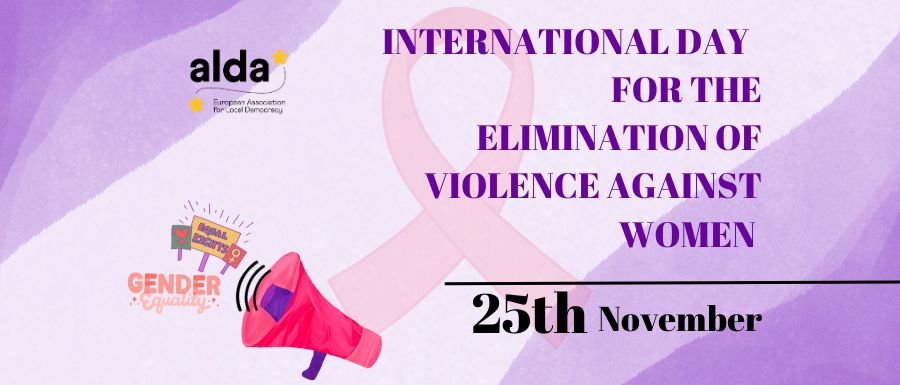“If tomorrow it’s me, if tomorrow I don’t come back, mom, destroy everything.
If tomorrow it’s my turn, I want to be the last.“
Cristina Torre Cáceres
November 25th signifies more than just another day on the calendar; it marks the International Day for the Elimination of Violence Against Women. Since 1981, this date has been recognised as a crucial moment to confront and eradicate gender-based violence. It honours the Mirabal sisters, Dominican Republic activists who, in 1960, faced a tragic fate at the hands of Rafael Trujillo.
This day is a loud call to recognise the multi-dimensional nature of violence against women. From intimate partner violence to sexual assault, child abuse, forced marriages, street harassment, and more – the spectrum is alarmingly broad. These atrocities are structurally rooted in patriarchal systems, where women have historically been subjugated to inferior roles, shackled by societal norms that relegate them to domestic spheres, and systematically strip away their agency.
Despite strides toward gender equality, the persistent shadow of antiquated norms continues to cast a dark pall over our contemporary society. Women, when daring to challenge the status quo, often face dire consequences, with mortal outcomes. It’s not merely about ‘not all men’ but about acknowledging the systemic underpinnings that allow such violence to persist. Men who truly advocate for change must actively work against behaviours that perpetuate women’s dehumanisation, subjugation, and eventually killing.
Moreover, structural change remains difficult to achieve. Shockingly, a mere 5% of government aid is allocated to combating violence against women, with a paltry 0.2% dedicated to prevention efforts. Education stands as a critical battleground where gender equality must triumph. Women seeking support from institutions when they bravely speak out are frequently met with blame and disbelief, leading to underreporting and an obscured reality of the gravity of the issue.
The question arises: Is a single international day adequate to address the deep-rooted factors fuelling such violence? Prevention and awareness should be fundamental goals woven into the fabric of governance. Only through a concerted effort can we create a world where women’s rights, including the fundamental right to life, are unequivocally recognised.
ALDA stands for eliminating violence against women and has a thematic hub dedicated to Gender Equality, Inclusion, and Human Rights. One of the main actions has been the drafting and implementation of the Gender Equality and Anti-Discrimination Policy. Besides, with projects like POLITIK-HER, the association strives to make an impact to engage young women in the decision-making system and be the direct agents of change.
In conclusion, while November 25th stands as a symbolic reminder, the fight against gender-based violence transcends a mere day. It necessitates a perpetual commitment from governments, institutions, and individuals alike to dismantle the structures that allow such atrocities to persist and ensure a world where women are truly free from fear and violence.
